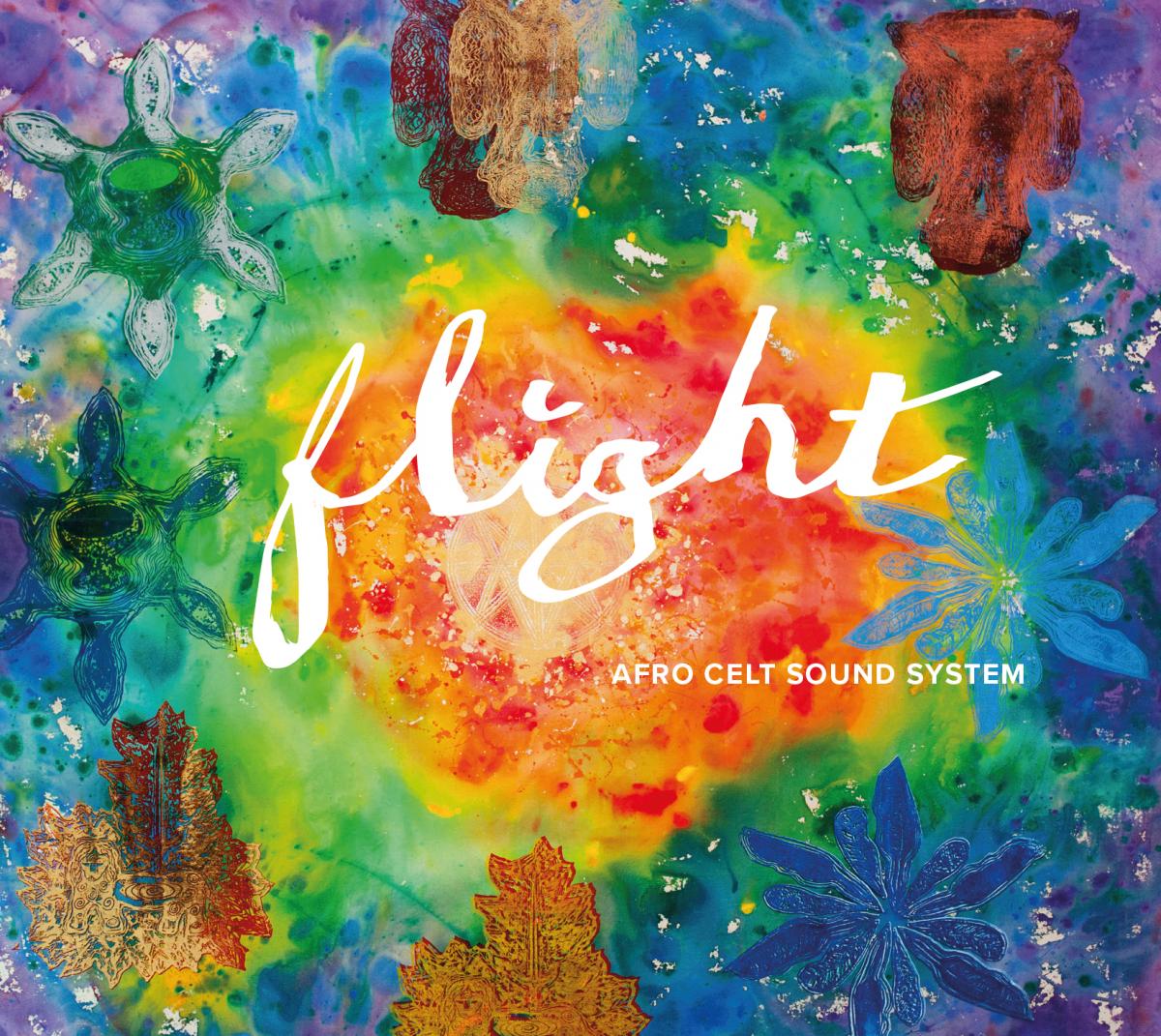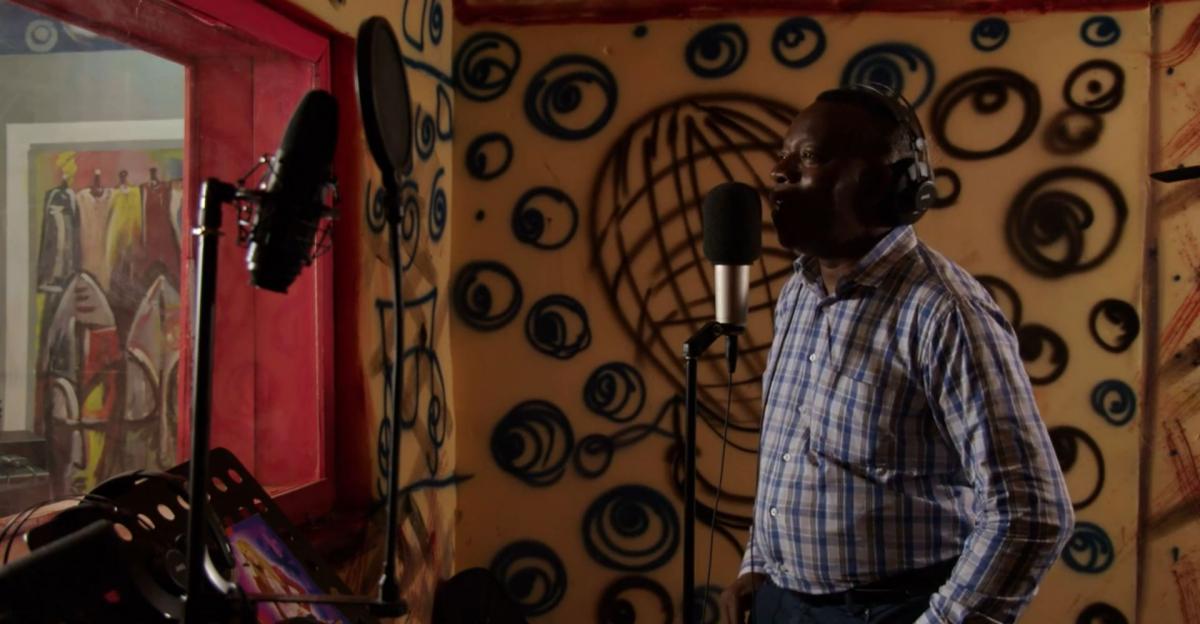
A Latin Mass as a Symbol for Multiculturalism
The Afro Celt Sound System are a musical collective who, in their own words, are a «genuine and positive example of how multiculturalism can thrive and survive in these troubled times». In their work, they try to combine different cultural influences with electronic dance music. Our author discusses a track on their 2018-album, Flight, and shows how a symbol for multiculturalism is based on a colonial product, demonstrating the ambivalence of popular music.
The track «Sanctus» by the Afro Celt Sound System was released on their album, Flight, on November 23, 2018. In this album, the Afro Celts equate human flight – in the sense of forced migration – with the flight of birds: «If birds move freely, then so must we.» «Sanctus», however is named after and partially based on the «Sanctus» from the Belgian missionary Guido Haazen’s Missa Luba.
A Latin Mass in the Congo
The Missa Luba is a Latin mass arranged for tenor solo, mixed choir, and percussion in a Congolese style. It was first sung by the choir of the missionary school where Haazen was teaching and has become, for some, a symbol of the greatness of the African continent. However, how «African» is this mass really? Musically, it is based on Congolese folk songs, but the Latin text is a European product and came to Africa via colonization. Additionally, the choir is divided into two men and two women’s voices, very similar to the European soprano, alto, tenor, and bass setup.
It is also interesting to note that Haazen saw himself as the leader of this project, fitting with the typical image of the Christian missionary: a white, Christian man from Europe who takes it upon himself to go to Africa to help the locals live their lives better. In fact, educating the «barbarians» in Africa was one of the central justifications for colonization.
The Afro Celt’s Version
The Afro Celt Sound System’s version of the «Sanctus» from the Missa Luba is sung by the Amani choir, which is based in the refugee community of Manchester, UK. It is, however, not an entirely new interpretation of the mass because it closely follows the first recording from 1958, losing the aspect of improvisation – something Haazen deemed integral to the mass. Despite the many similarities between the two versions, however, there are some differences. For example, in the Afro Celts’ rendition the call and response principle, which is often said to be typically African, only appears in the «Hosanna» section while the rest is sung by the whole choir.
A Colonial Product as a Symbol for Multiculturalism
The Guardian, in its review of Flight, labels the Missa Luba an «African mass». On its way to Africa and back to Europe, the Latin mass took similar routes to modern-day African migrants. The mass’s appearance in «Sanctus» could therefore be seen as a symbol that humans should be able to move just as freely as birds and music. Hence, the use of the Missa Luba in the Afro Celt Sound System’s work could be read as a symbol for the multiculturalism the musicians say their music represents.
The mass, however, is not a product of multiculturalism but of the hegemonic relationship between white Christian missionaries and colonised African children. The Afro Celt’s reappropriation of Haazen’s «Sanctus» can thus be read in both positive and negative terms. Ultimately, it is important that – despite all the multicultural intentions – one is aware of the colonial history of the musical material involved.
This article was written in the context of the seminar «Pop—Power—Positions», conducted by Hannes Liechti in autumn 2018 at the University of Bern.
Biography
Published on September 06, 2019
Last updated on April 10, 2024
Topics
From Beyoncés colonial stagings in mainstream pop to the ethical problems of Western people «documenting» non-Western cultures.
What happens when a Muscovite electronic producer meets Circassian folk musicians? What rules are needed for intercultural cooperation between individuals?
Snap



